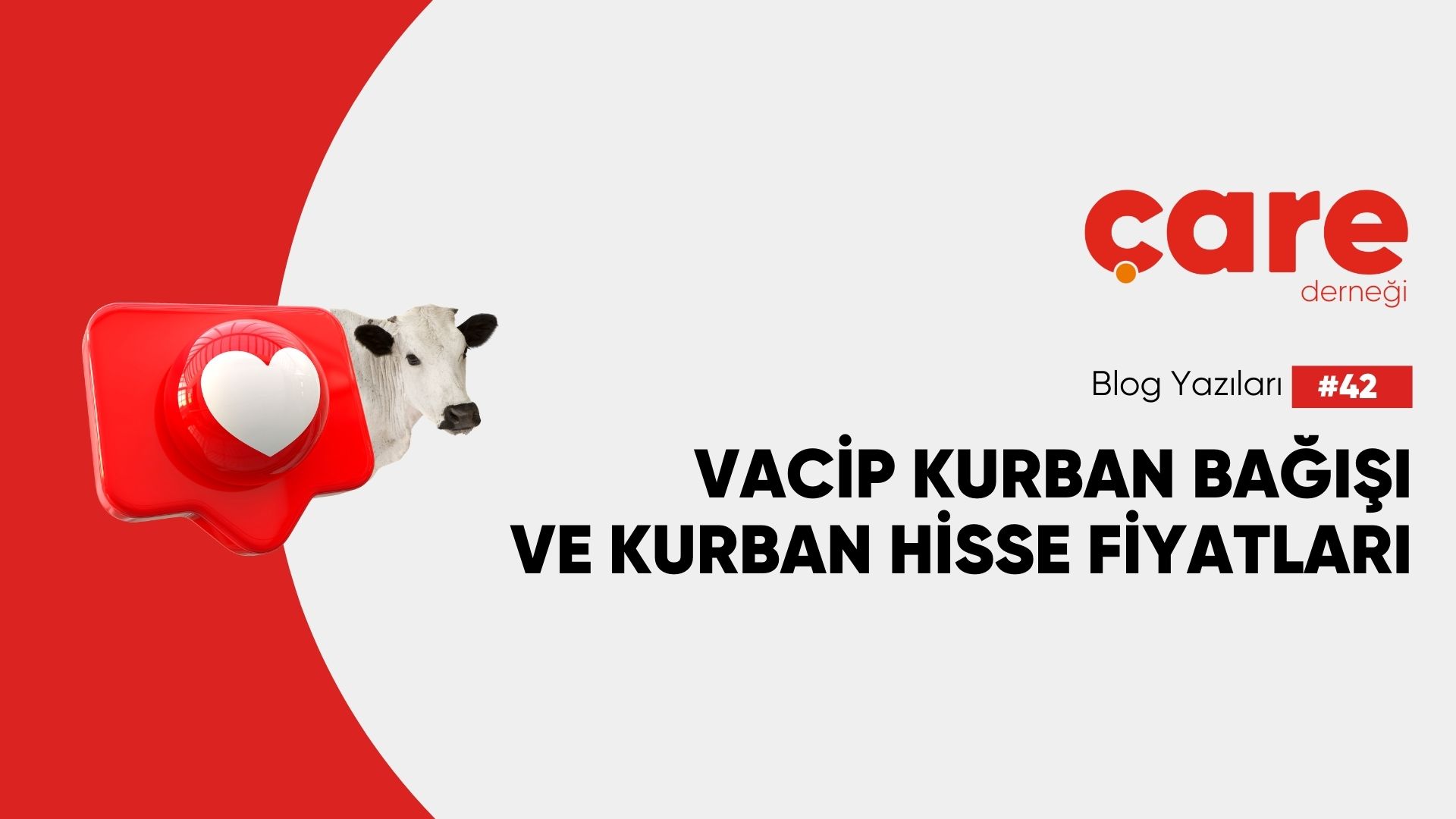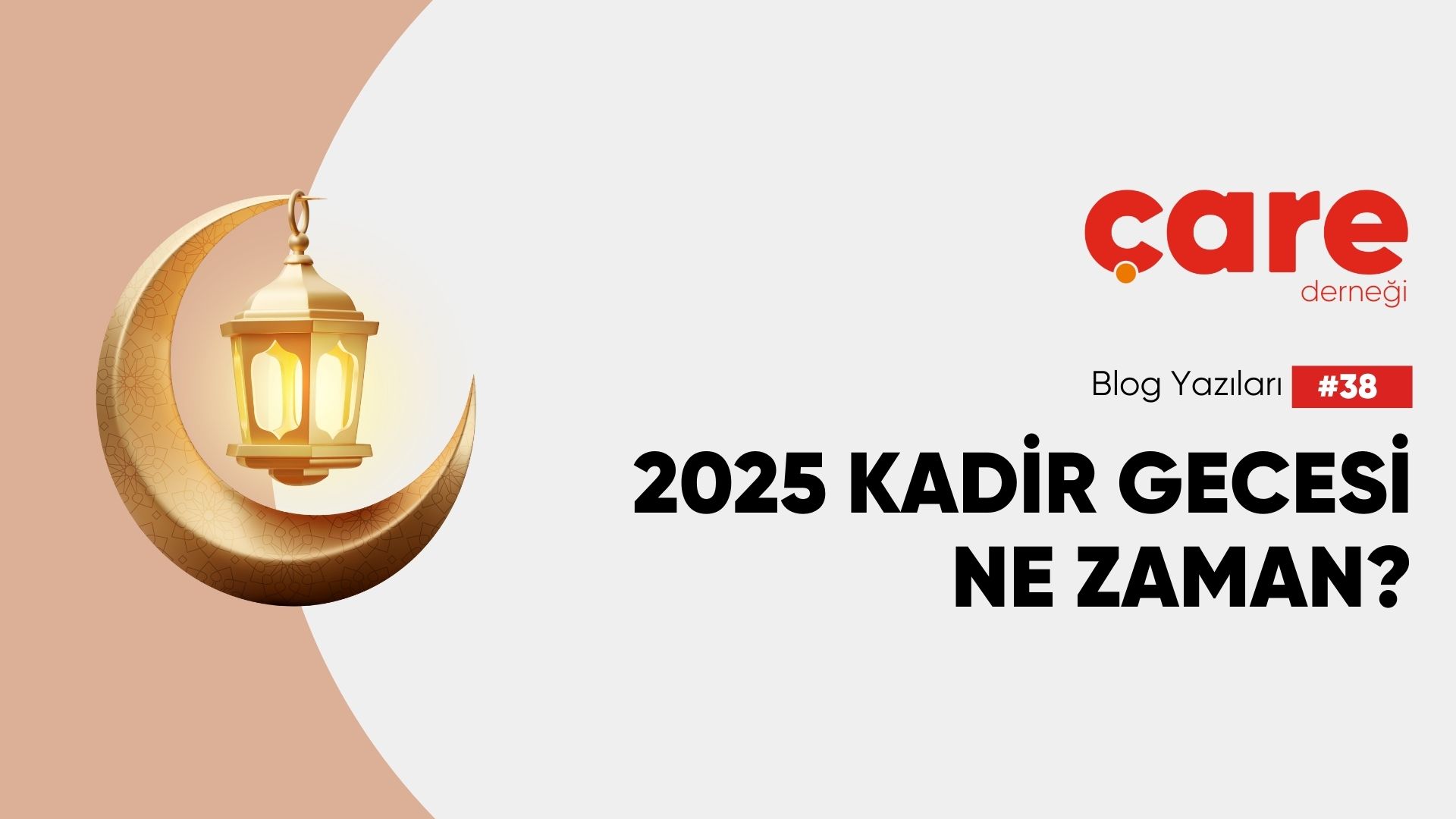How Much is the 2025 Fidya? Who Should Give It?
Fidya is an obligation for those who are unable to fast during Ramadan and cannot make up for it. The Directorate of Religious Affairs (Diyanet) has set the 2025 Ramadan fidya amount at 180 TL per day. This amount also applies as the daily fidya payment for missed fasts. In this article, we will discuss in detail the fidya amount for 2025, who needs to give fidya, and how it can be donated.
What is Fidya and Who Should Pay It?
Fidya is a payment given in compensation for an unfulfilled religious duty. In Islam, fidya is not limited to fasting; it can also be given for freeing captives or as compensation for missed prayers.
The importance of fidya is highlighted in the Quran:
“O you who have believed, fasting has been prescribed upon you as it was prescribed upon those before you that you may become righteous. [Fasting for] a limited number of days. So whoever among you is ill or on a journey - then an equal number of days [are to be made up]. And upon those who are able [to fast, but with hardship] - a ransom [as substitute] of feeding a poor person [each day]. And whoever volunteers excess - it is better for him. But to fast is best for you, if you only knew.”
(Al-Baqarah, 2:183-184).
Based on this verse, those who must pay fidya include: • Those with chronic illnesses • The elderly who are unable to fast • Individuals whose health would be severely affected by fasting • Captives who cannot fast due to their situation
The purpose of fidya is to help those who cannot fulfill their religious duty alleviate their spiritual responsibility by supporting those in need.
How Much is the Fidya Amount for 2025?
In Islam, fidya is determined based on the daily essential food needs of a person. According to the Diyanet, the fidya amount for 2025 has been set at 180 TL per day. Someone who cannot fast throughout Ramadan must pay 180 TL per day for the entire month. This is the minimum amount, and those who can afford more are encouraged to give more.
Who Can Receive Fidya? Who Cannot?
Fidya, like zakat and fitra, should be given to those in need. However, it cannot be given to one’s parents, grandparents, children, or grandchildren, as one is already responsible for their care. Fidya can be given to: • The poor • Orphans • Those in debt • Travelers in need • Widows and the homeless
It is preferable to distribute fidya to the needy in one’s local area. However, it can also be sent to more impoverished regions.
When Should Fidya Be Given?
Fidya can be given daily throughout Ramadan or as a lump sum. It is recommended to pay it before Ramadan begins so that those in need can receive support earlier. It can also be given after Eid, but delaying it is not advisable.
If someone pays fidya and later becomes able to fast, the paid fidya remains valid, but they should still make up their missed fasts.
If a person passes away without having paid their fidya, their heirs are advised to pay it on their behalf. Islamic scholars suggest that paying fidya in this case may lead to Allah’s mercy and forgiveness for the deceased.
How is Fidya Given?
Fidya can be given in cash or as essential food supplies. However, nowadays, it is mostly given in monetary form.
As Çare Derneği, we ensure that fidya, fitra, and zakat donations reach the needy worldwide during Ramadan. You can send your fidya to those in need in Africa or conflict-stricken regions, ensuring that your contribution brings hope to those who need it the most.
This Ramadan, your fidya can bring blessings to a table and a smile to an orphan’s face. Join our “Soframız Çare Olsun!” (Let Our Table Be the Solution!) campaign and make a fidya donation today.
- 2025 Vacip Kurban Bağışı ve Kurban Hisse Fiyatları2025 vacip kurban bağışı, kurban hisse fiyatları, Afrika'da Kurban ve 2025 Kurban Bayramı hakkında detaylı bilgi için tıklayın.

- When is Berat Kandili? 2025 Berat NightWhen is Berat Kandili in 2025? Learn about the significance, virtues, prayers, and recommended acts of worship for Berat Night in
- 2025 Ramazan Fitresi Ne Kadar? Kimlere Verilir?Diyanet İşleri Başkanlığı, 2025 yılı Ramazan fitresi miktarını 180 TL olarak belirledi. Fitre kimlere verilir, nasıl bağışlanır? Detaylar bu yazımızda!
- 2025 Kadir Gecesi: Ne Zaman, Hangi Gün?2025 Kadir Gecesi ne zaman? Bin aydan hayırlı bu mübarek gece hangi gün idrak edilecek? Faziletleri ve ibadetleri öğrenmek için tıklayın!

